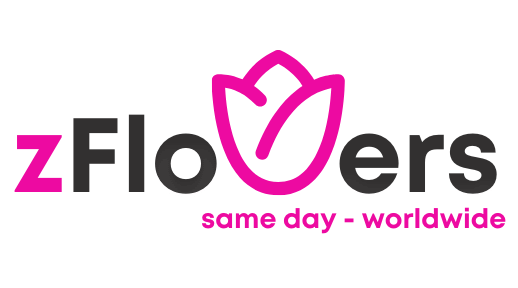In recent years, the fashion industry has witnessed a significant shift towards sustainability and eco-consciousness. As consumers become more aware of the environmental impact of traditional clothing production, they are seeking out alternatives that are both stylish and environmentally friendly. One such trend that has gained traction is the use of flower-dyed clothing, offering a sustainable and unique approach to fashion.
The concept of flower-dyed clothing aligns with the growing demand for eco-friendly and natural products. By utilizing flowers and plant-based dyes, fashion brands are able to create vibrant and distinctive color palettes while minimizing the use of synthetic chemicals and reducing water consumption. This method not only results in visually captivating garments but also supports sustainable agricultural practices and local artisanal communities.
As the interest in sustainable fashion continues to rise, consumers are actively seeking out clothing options that align with their values. The search intent for “eco-friendly flower-dyed clothing” reflects this shift, indicating a specific desire for fashion pieces that are not only aesthetically pleasing but also environmentally responsible. This presents a unique opportunity for fashion brands to cater to this demand and differentiate themselves in the market.
In response to this growing interest, fashion designers and brands are incorporating flower-dyed techniques into their collections, offering a diverse range of clothing items that appeal to eco-conscious consumers. From ethically sourced cotton dresses dyed with natural indigo derived from Japanese indigo flowers to organic linen shirts tinted with hues from locally cultivated marigolds, the options for sustainable flower-dyed clothing are expanding.
The storytelling aspect of flower-dyed clothing adds an additional layer of appeal to consumers. Each garment carries a narrative of nature’s beauty and the intricate process of dyeing, resonating with individuals who appreciate the craftsmanship and authenticity behind their clothing choices. This connection to the natural world fosters a sense of mindfulness and appreciation for the environment, further strengthening the appeal of eco-friendly flower-dyed clothing.
The surge in interest for eco-friendly flower-dyed clothing reflects a broader shift towards sustainable and mindful consumption within the fashion industry. As consumers continue to prioritize ethical and eco-conscious choices, the demand for unique, nature-inspired clothing options is expected to grow. By recognizing and capitalizing on this trend, fashion brands can position themselves as leaders in sustainable fashion, offering innovative and environmentally responsible alternatives to traditional clothing production methods.






